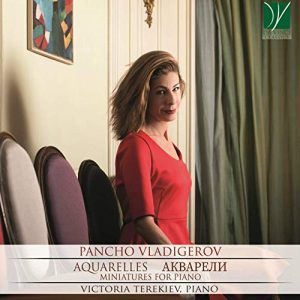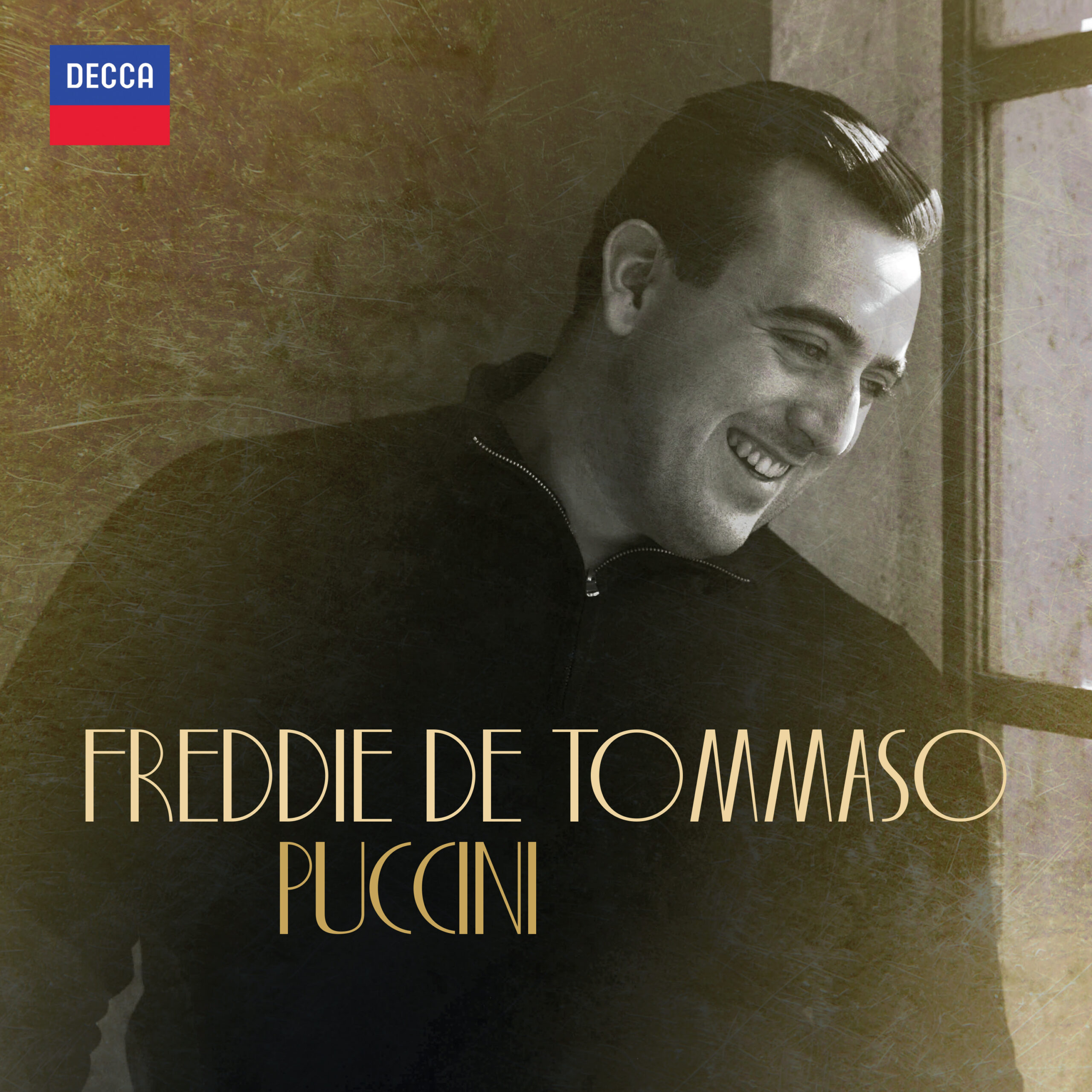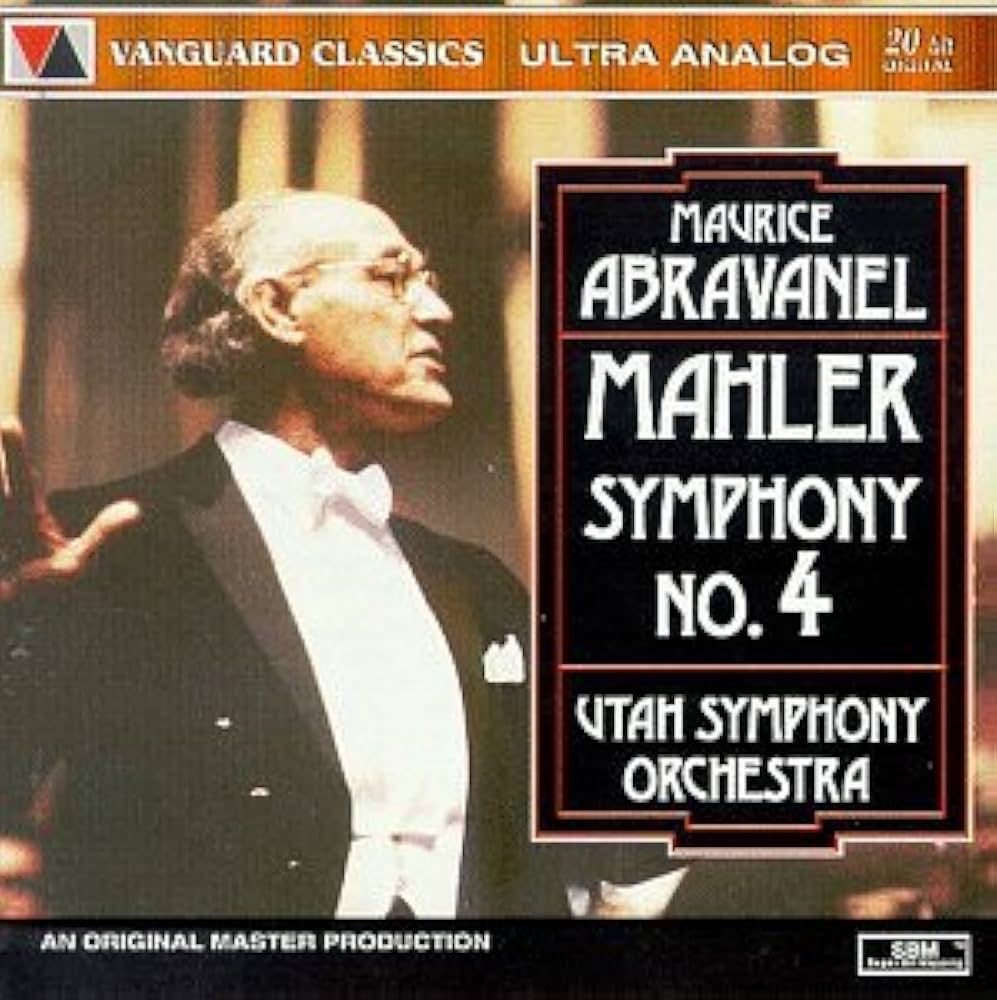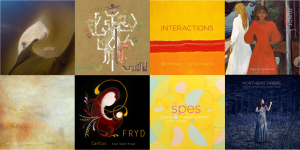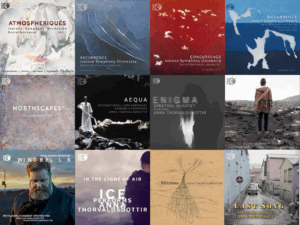Vladigerov: Piano Music. Victoria Terekiev, piano. Da Vinci Classics C00134. TT: 69.01. Classique et romantique, Op. 34; Choumene, Op. 29; Episodes, Op. 36; Aquarelles, Op. 17. Downloads: amazon.com, play.google.com, qobuz.com (mp3)
The music of Bulgarian composer Pancho Vladigerov (1898-1978) has already appeared on an earlier album, Wind from the East (Gega New GR 31), on which Victoria Terekiev, also the pianist here, performed his Bulgarian Songs and Dances with panache. Here, he gets a full program to himself.
The title, Aquarelles, is perhaps inadequate for the varied program here. To be sure, there are a number of limpid pieces where linear, "indirect" harmonic shifts suggest the motion and shimmering textures of water: the opening Prelude of Episodes, for example, and the first of the actual Aquarelles, which sounds like early Debussy. But we also hear some perky, articulate pieces, like the sparkling Boît [sic!] à musique from the Choumene set; some searching, exploratory items that venture into unstable harmonies; and spiky, syncopated pieces with irregular meters, like the Ratchenitza from the Episodes cycle. The Chant in Choumene moves from a simple theme into a vaguely Romany contrasting section, while the Improvisation movement of Episodes is a structured take on an impulsive, spontaneous-sounding creation.
All four of the cycles have their rewards. My favorite was, in fact, the actual Aquarelles. After the first movement previously cited, the Melancholie is more troubled, gaining in emotional depth as it expands into a fuller sonority. The linear, propulsive Danza offers an expressive neoclassicism; the Pastoral is wistful and introspective. In the final two pieces, the composer plays with meters: the Ratchenitza—yes, there's a second Ratchenitza on the program—is lively and irregular, while the nine-beat packages of the Mouvement rithmique (again, sic) don't break down into three regular groups of three.
On the other hand, I couldn't quite fathom the opening Classique et romantique cycle, apparently drawn from Vladigerov's theatre music, and which perches uncomfortably between its two eponymous styles. The first four of the seven movements hearken back to classical—actually, Baroque—models, and the soloist's impulsive rubato, while musical, seems out of place. With the fifth piece, we're suddenly in a more "contemporary" (for its time), expressive style, with MacDowellish voicings in the Chant du nord and, in the Petit marche, a modal sound that suggests American Westerns!
As indicated earlier, Terekiev has already proved a fine exponent of Vladigerov. On that earlier album, her playing was commanding in the virtuoso flourishes and at full forte, but too pale in the quieter passages. Here, conversely, she's at her best in the sparser writing: in Choumene, she layers the textures keenly, and the smooth progressions of the Opus 36 Prelude are limpid and lovely. Elsewhere, she firmly projects large masses of sound, but some accents are hard, and some of the bigger chordal pieces, like the Ratchenitza from the Aquarelles, are strenuous rather than sparkling. (They also take in several splices that have not quite been concealed.) Once again, the virtuoso writing is dazzling; and, throughout the program, I'm impressed by the brilliant yet deep tones Terekiev draws from her Bösendorfer, a piano I've always found rather muffled in sound.
The reproduction is excellent; as with many solo piano records, a small cut in the playback level helps avoid thickness. Aquarelles is spelled incorrectly on the rear-box inlay, but correctly everywhere else. The booklet notes, from an annotator who clearly thinks he speaks English, provide some inadvertent merriment. One example, about Classique et Romantique: "The work here extends his life and creative horizons and speeds up his already strident career here." No, I don't think so.
stevedisque.wordpress.com/blog




